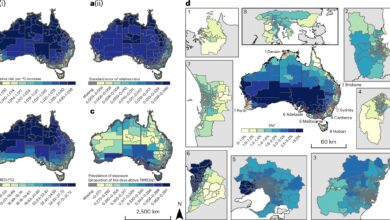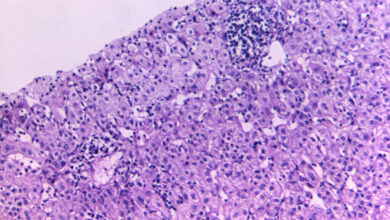Study unveils extent of travel-related sleep disruption from 1.5 million nights of data
Jet lag is a common issue for travelers, but a recent study conducted by researchers at the Center for Sleep and Cognition at the NUS Yong Loo Lin School of Medicine and ŌURA has shed new light on the extent of travel-related sleep disruption. The study, titled “Insights about Travel-Related Sleep Disruption from 1.5 Million Nights of Data,” was published in the prestigious journal SLEEP on March 24, 2025.
The researchers analyzed data from 60,000 trips covering over 100km and utilized 1.5 million nights of de-identified data from the Oura Ring, providing the largest real-world study of jet lag recovery to date. Unlike previous studies that were conducted in controlled environments or specific populations, this study offers insights into how jet lag affects the general traveling public.
Lead researcher Adrian Willoughby, Senior Research Fellow at NUS Medicine, emphasized the persistent impact of jet lag on sleep timing and architecture when traveling across time zones. While sleep duration typically returns to normal within a couple of days, adjusting to a new sleep schedule can take over a week, especially for eastward travel and crossing multiple time zones.
One interesting finding was that eastward travel tends to result in more severe jet lag, particularly for shorter trips of up to three time zones. Longer journeys, regardless of direction, disrupt habitual sleep patterns by causing sleep to occur 60-70 minutes earlier or later than usual. Restoring normal sleep timing and structure can be a lengthy process, sometimes taking more than a week.
The study also revealed that there were minimal differences in travel-related sleep disruption between men and women. However, older travelers experienced slightly less impact, with younger individuals experiencing a greater reduction in sleep duration post-travel.
What sets this study apart is its measurement of pre-travel sleep habits over an extended period and a long follow-up after travel. Wearable devices like the Oura Ring are revolutionizing health data collection on a large scale, providing travelers with valuable insights into their sleep patterns and recovery post-travel.
Future research will focus on identifying lifestyle factors that influence the speed of recovery from travel-related sleep disruption. Efforts to optimize light exposure and melatonin ingestion in real-world settings may also be explored to help travelers adjust to new time zones more effectively.
In conclusion, jet lag is more than just a temporary inconvenience for travelers. It can have a lasting impact on sleep patterns and overall well-being. By understanding the nuances of travel-related sleep disruption, individuals can take proactive steps to minimize its effects and enjoy a smoother transition when crossing time zones.





